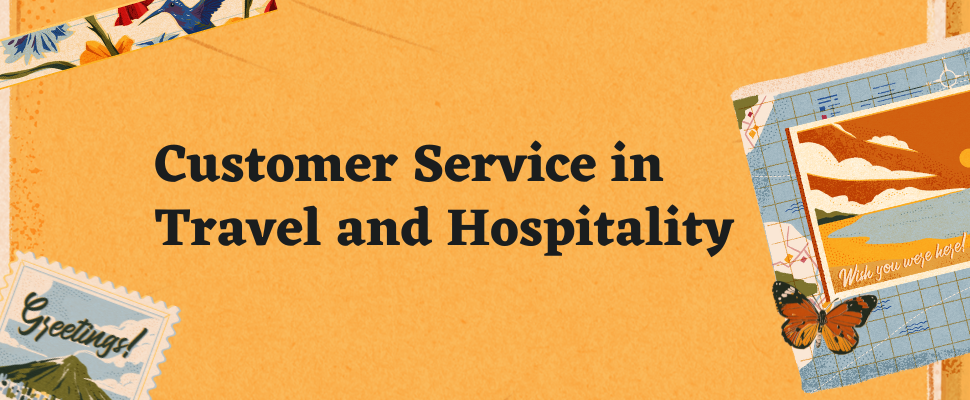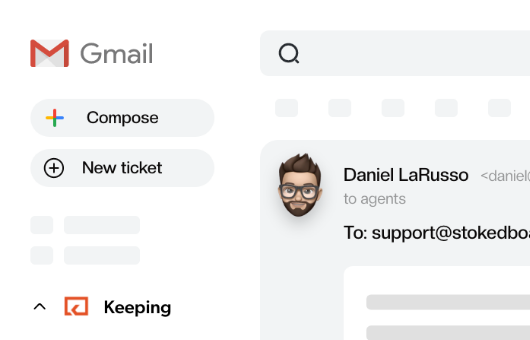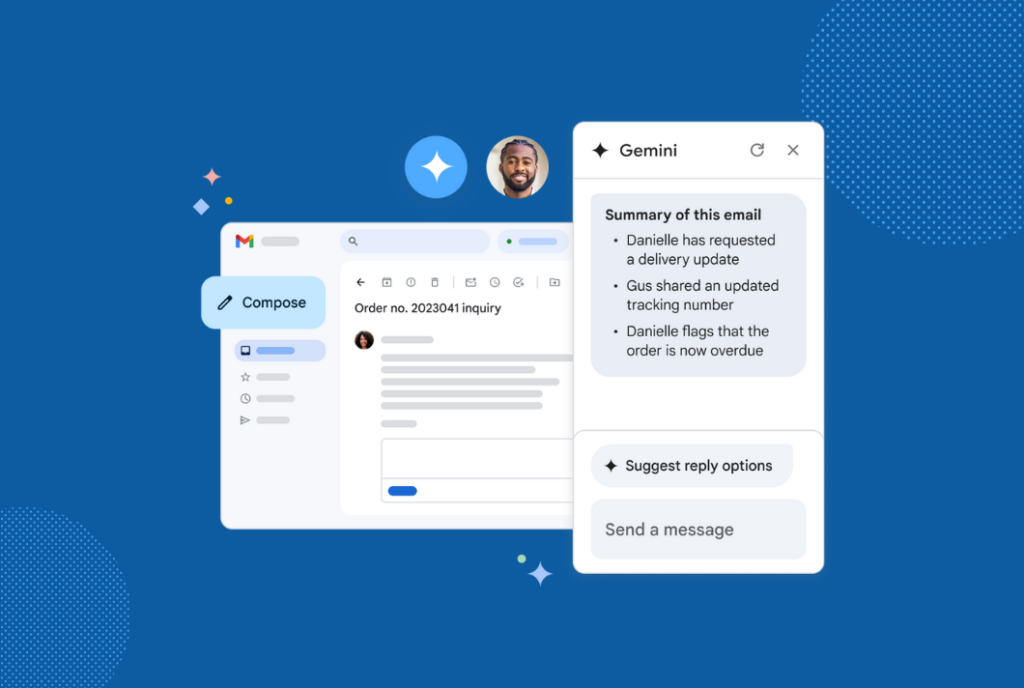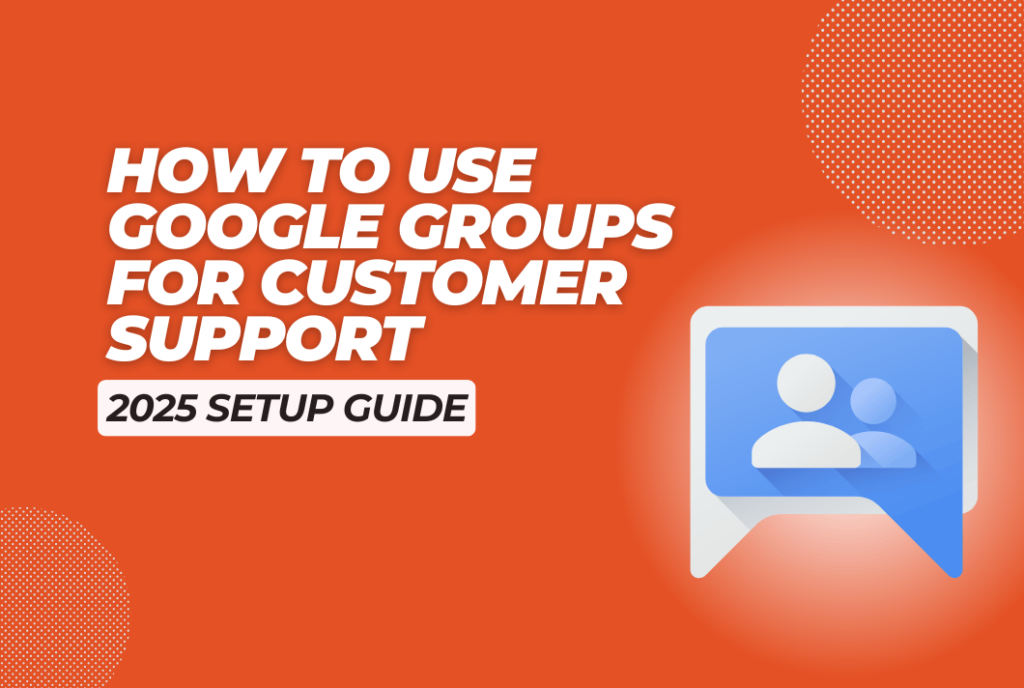
Customer Service Travel Hospitality: A Guide
Customer service is the backbone of travel and hospitality businesses that depend heavily on customer loyalty and word-of-mouth publicity. This is why delivering excellent customer service becomes important.
More than in any industry, customer reviews, word of mouth, and reputation are essential in travel and hospitality. Customers will always read reviews before booking with a particular airline or staying at a hotel. If they still need to, they’ll ask their friends for recommendations.
All of this raises the importance of one thing—excellent customer service. Travel and hospitality brands need to keep their customer service at high levels to ensure that they can build a good brand and attract regular customers.
So, how can a travel or hospitality brand do that? That is what we’re exploring in this article. Read on further to learn about the importance and best practices of travel and hospitality customer service.
The importance of excellent customer service in the travel and hospitality industry
Before we dive deeper into this piece, we want to talk about the impact of excellent customer service in a travel or hospitality business. Here are a few reasons why delivering exceptional customer service is essential in travel and hospitality.
Attracting and retaining customers
Travel and hospitality companies thrive by attracting more and more customers. And then retaining these customers is equally important. While there may be other factors that play a significant role in this, excellent customer service is undoubtedly one of them. A study by Google says that 60% of travelers put customer service as their number one priority when looking for a brand to travel with.
When it comes to retaining customers, 60% of travelers also switched travel brands after 1-2 poor customer service experiences. Word of mouth about excellent customer service spreads by existing customers, and this way, newer customers come in. It is pretty simple—when your customer service is quick, easy to access, and accurate, you’re already winning at attracting and retaining customers.
Gaining competitive advantage
There is no denying the fact that there is plenty of competition in the travel and hospitality industry. Most of your competitors serve similar products. In such cases, customer service will differentiate you from your competitors.
In fact, when consumers were asked to identify why they choose certain businesses for their travel needs, the top three responses were:
- “It’s usually a great experience
- “When issues come up, it is fast and easy to deal with customer service and
- “My experience is consistent every time.”
The three responses above are nothing but feedback for excellent customer service. When you provide better customer service than your competitors, the customers will always prefer your brand.
Diffusing Negative Situations
Travel and hospitality is a fast-moving industry and comes with multiple issues to deal with. Since the number of issues is huge, the chances of a reputation-damaging instance arising are high. A well-trained customer service team can effectively handle customer complaints and resolve negative situations, reducing the risk of negative reviews and damage to the company’s reputation. They will be able to do this by providing customer service that makes the customer feel heard and valued. It comforts the customers and prevents them from bad-mouthing the company.
Increased Revenue
Great customer service brings satisfied customers. Satisfied customers are more likely to spend more, making great customer service a crucial factor in increasing revenue and profitability. By addressing customer concerns and resolving issues in a timely and effective manner, companies can also reduce customer churn and minimize the loss of revenue from customers switching to competitors.
Great customer service also brings word-of-mouth referrals—which increase your revenue. Satisfied customers are often eager to share their positive experiences with others, leading to new business through word-of-mouth referrals.
Customer service best practices for the travel and hospitality industry
Here are the best customer service tips that can be used in the travel and hospitality industry.
Be proactive with your customer service
The best in the industry are not waiting for their customers to raise an issue—they are working on preventing issues from happening. Proactive customer service is letting your customers know about all aspects of the service in advance and working on minimizing the occurrence of as many issues as possible.
For example, most airlines will inform you about delays and cancellations in advance. This prevents any chaos for the customer as they know about the recent updates with their flights. Similarly, the top hotels mention all safety protocols being followed before you make a booking.
If you want to start practicing proactiveness, here are a few ways to do it:
- Offer resources such as FAQs, online chat support, and 24/7 phone support. This can help resolve issues and prevent potential problems from escalating.
- Continuously monitor customer feedback through online reviews, surveys, or customer support tickets—this will help your business stay on top of customer needs and proactively address any issues. This can also help identify trends and areas for improvement in customer service.
Focus on getting to know your customers
When a business has a deeper insight into customer needs and expectations, it can offer better customer experiences. This makes knowing your customers super important. But there’s a problem: the travel and hospitality industry customers need to enter into long-term relationships; hence, getting to know them could be a task.
So, how can you do it? By using surveys and feedback. It is only with customer feedback that you will be able to understand your customers and their needs. You can start by incorporating the following questions into your feedback forms:
- What platforms or websites do our consumers use to book hotels and travel?
- How many customers use their cell phones to access the website?
- What about their stay do the customers like the most?
Make knowing your customers a part of your customer service to deliver great customer service continuously.
Train your customer support staff
You must expect your customer support staff to know only some of it. They need the training to understand how they can give their best. When you train your customer support staff, it instills confidence in them. Ultimately, your customers get the best solutions to their problems.
Your customer support staff should be trained in everything from customer service skills and standard operating procedures to issue resolution processes. The original employee handbook and video courses are only the beginning of training.
Every employee in the business should receive continual training. You can occasionally use training retreats, coaching sessions, and events for the hospitality business to support team development. Also, consider organizing a contest with awards for staff to amp up the excitement.
Make the booking process easy
The time needed by the company to plan, research, and book the trip is one of the most critical factors for customers to consider when choosing a travel company. Almost all customers like a quick and straightforward booking experience that is simple enough. In fact, such a service encourages the consumer to return and boosts the company’s customer retention rate.
An intuitive and user-friendly booking process can make it easier for customers to complete their bookings, leading to higher conversion rates and increased revenue. A streamlined and hassle-free booking process can also make the experience of booking travel more enjoyable and reduce friction and frustration for customers—which in turn increases customer satisfaction
Collaborate with the local offerings
When customers visit a place for a vacation or business, they will have time to explore the areas near the hotel. As a travel or hospitality business, you can collaborate with local offerings and create an experience for your customers.
Popular examples are offering a pick-and-drop service from and to the airport by collaborating with the local taxi brand or offering an all-inclusive visit to any monumental place in the city. This is a great way to let your customers know that your business is willing to go the extra mile to ensure a great travel experience.
Do more than just place deals and coupons on a shelf in the lobby. Instead, employees can actively inquire about the activities that customers are interested in, then determine whether a discount service would be complementary. The partnership will also be valued by the local businesses.
Use technology to your advantage
Thankfully, we live in the era of technology, which can be used as an advantage in your travel and hospitality business. Technology can play a significant role in enhancing the customer service experience in a number of ways. Two of the most popular ways technology can be used to advantage in customer service include:
- Automated Responses: Technology such as chatbots and virtual assistants can provide instant and accurate responses to customers’ inquiries and concerns. This can reduce response times and increase customer satisfaction.
- CRM systems: Customer relationship management (CRM) systems can track and analyze customer interactions, preferences, and feedback. This information can personalize the customer experience, resolve issues more effectively, and provide relevant recommendations and promotions.
As a travel and hospitality business, you can also use technology to make booking easier and simpler. With smooth mobile apps, your customers can view the status of their booking and quickly raise an issue if there is a need for it.
Overall, by leveraging technology, travel, and hospitality, businesses can improve the efficiency and effectiveness of their customer service operations, leading to increased customer satisfaction and loyalty.
Customer service skills for the travel and hospitality industry
It has been established by now that the travel and hospitality industry runs heavily on customer service—after all, one negative online review and your customer will move to the next best option.
What runs your customer service is the people handling it. Especially the customer support agents that talk directly to your customers. Here are the skills that a customer support agent in the travel and hospitality industry must have:
Excellent communication skills
Travel customer support agents need good communication skills because they play a critical role in resolving customer issues, providing information and support, and building customer relationships.
A travel and hospitality customer service representative must have excellent communication skills, both written and verbal. They should be able to clearly and effectively communicate with customers, addressing their questions, concerns, and needs.
Problem-solving skills
The travel and hospitality industry is quick. An agent cannot take days to look into booking issues when the customer has already arrived at the destination. Customer service representatives in travel and hospitality must be able to quickly and effectively resolve customer issues. This requires strong problem-solving skills, the ability to think on your feet, and the ability to find creative solutions to challenging situations.
Adaptability
The travel industry is constantly evolving, and customer service representatives must be able to adapt to change and new technologies to provide the best possible service to customers. They should also be able to handle different types of customers and handle difficult situations calmly and professionally.
Cross-cultural awareness
Working in travel and hospitality means dealing with customers from multiple cultures. This makes it important for them to understand and appreciate different cultures and customs. This will help them communicate effectively with customers and provide culturally sensitive service.
Sales skills
Travel customer service representatives often play a crucial role in promoting and selling travel packages, tours, and other products. As such, they should have strong sales skills, including the ability to effectively communicate the benefits of these products and close deals with customers.
Good sales skills can also help customer support agents engage with customers more personalized and effectively, leading to a better customer experience and increased customer satisfaction.
How Keeping can help you take customer service to the next level
Customer service is the backbone of travel and hospitality businesses that depend heavily on customer loyalty and word-of-mouth publicity. This is why delivering excellent customer service becomes important.
To deliver this level of customer service, you need the right help desk software for your needs. If you are a travel or hospitality brand operating customer service via Gmail, Keeping is the perfect help desk solution for you.
Keeping is the missing shared inbox for every Google workspace. Keeping works right from your inbox and has all the features your support agents need to start delivering exceptional customer service.
From automation, ticket routing, collision detection, integrations, to automation with workflows, you get everything with Keeping. Start your journey with Keeping here.
Join 150+ teams that are sharing inboxes with us
The easiest way to upgrade your shared Gmail account. There’s no credit card is required.






